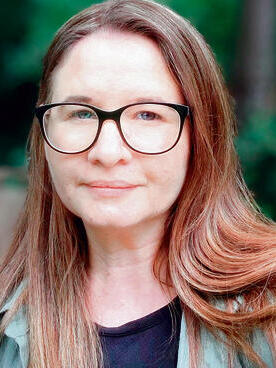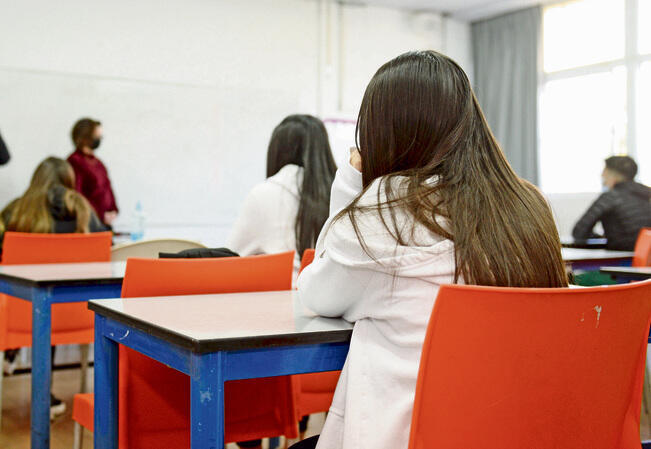With no end in sight, the number of mental health cases continues to rise, especially among young people. Findings from a recent survey indicate a troubling trend, raising concerns that authorities are not acting to offer a solution. Abigail Bar, an educational psychologist in northern Israel, warned: "In the north, we are seeing a sharp increase in cases of anxiety, depression and eating disorders."
"There is also an increase in violence and aggressive behaviors. Parents are desperate. Children are signed up for treatment, but they don't know if they will receive it before being evacuated," according to Bar. She notes that "the deep psychological impacts of the situation require comprehensive intervention."
In a survey conducted by 462 educational psychologists, 92% reported that the current war increased the number of patients seeking psychological treatment, and 91% reported an increase in the number of referrals for therapeutic intervention by educational psychological services since the beginning of the war.
Psychologists warn that the sharp increase in referrals is yet to come and is expected to come with the aftermath of the war, when people emerge from their survival mode. The drastic shortage of psychologists currently is felt by unusually long waiting times.
The study finds that 37% of educational psychologists reported waiting times for treatment ranging from half a year to a year, while 21% even waited longer. Also, 32% of psychologists felt pressured to end treatments against their professional opinion, 30% reported that more than half of their patients had to end treatment prematurely, and 16% reported that more than half of their patients had to terminate treatment due to bureaucratic circumstances.
Severe shortage of professionals in public psychology services
In an urgent letter to Education Minister Yoav Kisch, Chairman of the Israel Psychological Association Yoram Schleyer reported that, during the ongoing war, the psychological damage is expanding and students are experiencing a dramatic increase in psychological distress among children. According to him, the profession can't meet the demand for care due to a shortage of educational psychologists.
They claim that the ongoing neglect of the public psychology system pushes many outside the system, leading to its collapse precisely during the most difficult period for Israel's children.
There is a shortage of educational psychologists by about 30% . Although there should be one psychologist for every 1,000 students and one for every 500 kindergarten children, there is only one psychologist for every 1,400-1,500 children.
Another grim statistic from the survey shows that only 28% of educational psychologists expressed willingness to work in the public sector, compared to 46% two years ago. Additionally, 37% of them do not expect to be working in the public sector in the coming years, and 32% of educational psychologists doubt they will work in the public sector next year.
Educational psychologists deal with difficult cases. A middle school student whose sister's partner was killed on October 7 faced immense challenges. Now, the child is unable to take the bus alone to school, nor can he stay alone. When his mother returned to work, he stopped going to school.
According to Bar, delays to treatment could exacerbate mental, personal, occupational, familial and developmental challenges. She argues that, faced with insurmountable needs, the public psychology system is ineffective due to its outdated regulations and immense burdens on the staff.
 Abigail Bar
Abigail BarFinally, the most heartbreaking statistic is that the psychologist's salary, after nearly 10 years of study and specialization, is currently around $13 per hour. Some 75% of educational psychologists in the private sector said they are willing to return to the public sector if there is an improvement in wages.
The Education Ministry responded: "The ministry is fully engaged in the struggle and recognizes the urgent need to support psychologists at this time. The ministry is working on a comprehensive salary agreement for psychologists in public service, including educational psychologists.




